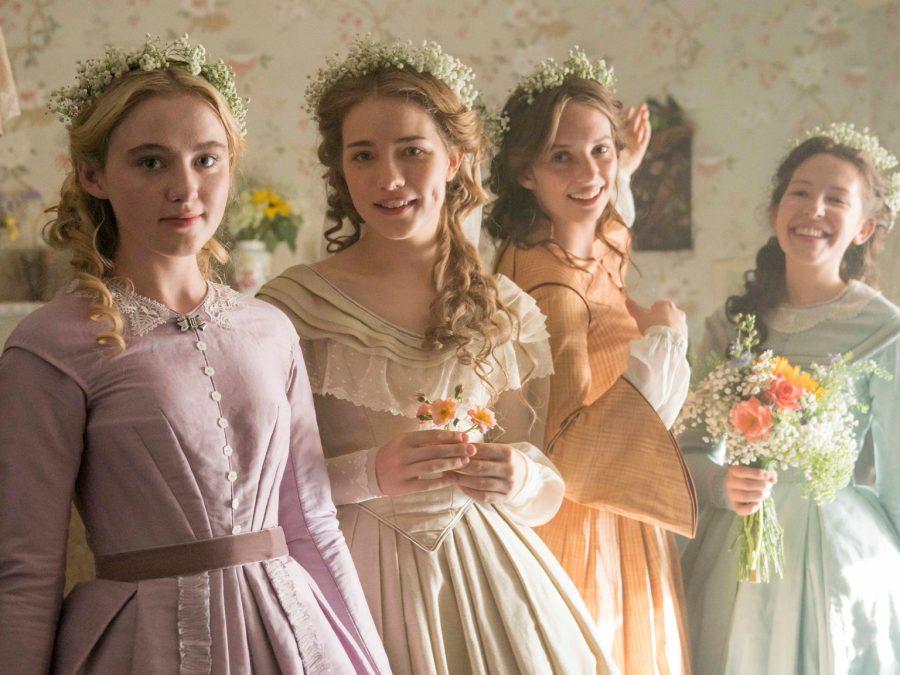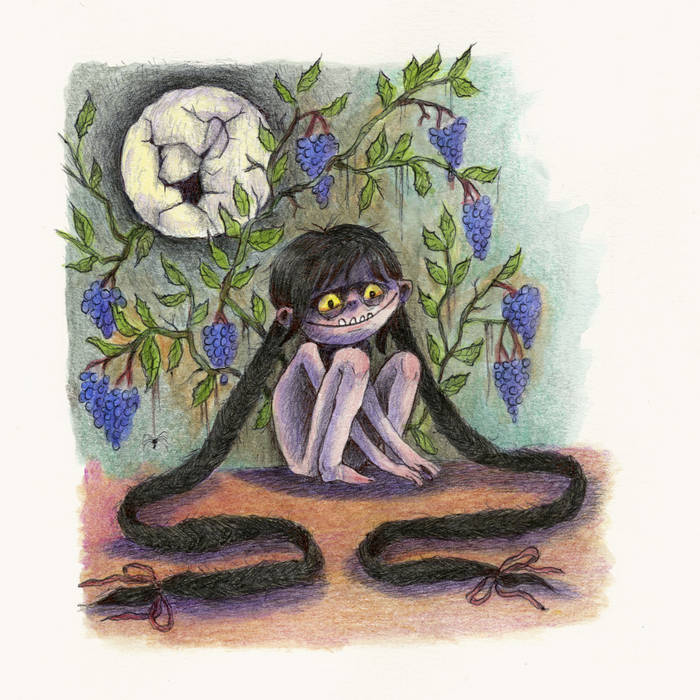Greta Gerwig proves in “Little Women” that she knows how to celebrate the excellence of women all over the world.
The following review contains spoilers for “Little Women.”
Dec. 25, 2019 marked the release of the new remake of “Little Women.” Originally a novel written by Louisa May Alcott, “Little Women” is a story that follows the lives of the four March sisters as they navigate growing up during the latter era of the Civil War. After the many different adaptations of “Little Women,” this new film introduces a new perspective. Greta Gerwig, the film’s director, creates a masterpiece of commentary and imagination with her adapted screenplay of the literary piece. With both bodily and verbal experiential shots, classical and contemporary language, and a strong cast, Gerwig constructs a story relatable and moving beyond compare.
The production value of the film, the set design, and the costuming deserves a big round of applause due to the accuracy in capturing a cohesive and aesthetically pleasing adaptation of a classic story. The film’s score, created by French composer Alexandre Desplat, who also worked on “The Grand Budapest Hotel” and “The Shape of Water,” perfectly captures the emotions of every scene in the film. A composition of orchestral mastery sends the audience into an empathetic interpretation of what is shown on screen. Lengthy piano chords by Beth March (Eliza Scanlen) create longing and desperation for James Laurence (John Neville) and his lost daughter. Not only this, but quick violin chords played at a ball sends the audience’s stomachs into a frenzy as they watch Jo March (Saoirse Ronan) and Theodore “Laurie” Laurence (Timothée Chalamet) dance for the first time. To capture the emotions of a scene and enhance them through music demands the ear of a true composer, and Desplat did not disappoint.
Complimenting the experimental score were shots not often seen on current theater screens. Gerwig creates her own telling of the March sisters’ story with the added eye of sister shots — shots set up the same way to create a parallel effect — and a scattered chronological ordering of the plot. Gerwig also specifically shot all the March sisters’ flashbacks with an orange-like filter over the camera to create a warm, comforting haze over all the shots capturing their childhood. She also wanted to embrace the essence of the March sisters in their clothing by making each sister wear a specific color and have the mother Mary March (Laura Dern) wear all four colors. These little touches added by Gerwig created the beauty of this adaptation and distinctly shaped her directorial style.
The actors of “Little Women” did not fall short on delivering Oscar-worthy performances. Saoirse Ronan was raw, likeable, and sassy while portraying the character Jo, the protagonist and maverick of female empowerment. The intensity of Jo’s need to be free and seen as more than just her gender demanded an actor to force the audience to empathize with the struggles, and Ronan delivered. Another example of Ronan’s brilliance in the film is when Jo is discussing her lost opportunity of marriage with Laurie. She delivers this powerful line, “And I am so sick of people saying that, that love is all a woman is fit for. I’m so sick of it. But I’m, I’m just so lonely!” The desperation behind these lines sent the audience into tears while the perseverance and desire Ronan acted out as Jo had the audience hungry for more.
Timothée Chalamet, who quickly received national attention from his parts in “Call Me By Your Name” and “Beautiful Boy,” also delivered a cheeky and reserved dichotic performance as the most accurately casted boy-next-door character Laurie. Moving through the emotions of love, anger, jealousy, sadness, and more, Chalamet proves that he is not just a beautiful face, but also enchanting with his skills and talent. The chemistry between him and Ronan is undeniable and could mark as one of the greatest casting decisions ever made for a film. Not only do their acting styles harmonize, but the playfulness of their acting — due to their comfort in each other retained from their work on “Lady Bird” together — easily translates onto the screen. The audience watches as Jo develops a lifetime friendship while Laurie falls in love, thus keeping the audience anxious to see how their relationship develops over the film.
One of the biggest selling points of the film is the lessons and commentary it possesses. Although the film is set in the Civil War era, it reaches the hearts of the average person by still relating to one of society’s current social crises. Surprisingly, most of the issues that surround Jo — written off for the mere fact that she is a woman, being considered an economic deal more than a human, and the ever crushing idolized ideal of getting married — still plague society to this day, making the narrative even more powerful. With sexism in the workplace, in social society, and even at home still at large, it is not hard to relate to the issues the March sisters face.
This is also the reason for the way Gerwig ended the film; the ambiguous ending of Jo’s life made this film the best remake possible. Gerwig gave Alcott the ending Alcott always wanted for herself — Jo becoming a writer — and to give the editors and society the ending that they wanted — Jo getting married and falling in love.
The one thing that I believe was not executed well in the film was Beth’s death. Her death came and went with little to no mourning period whatsoever. I believe that the impact of her death should have created more of a ripple in the plot. Jo is sent into a frenzy after her death to write her book, but — aside from an establishing shot of the words “for Beth’” on screen while Jo is writing the book — there is not much more said than “I miss her” and embellishments from that.
All in all, I could not recommend this masterpiece more to all walks of life. The lessons, perspectives, and stories told within “Little Women” must be experienced by more people so they can understand a little more about what it means to be a woman.
Grade: A
Director: Greta Gerwig
Starring: Saoirse Ronan, Timothée Chalamet, Emma Watson
Release Date: December 25, 2019
Rated: PG
Image courtesy of W Magazine.














